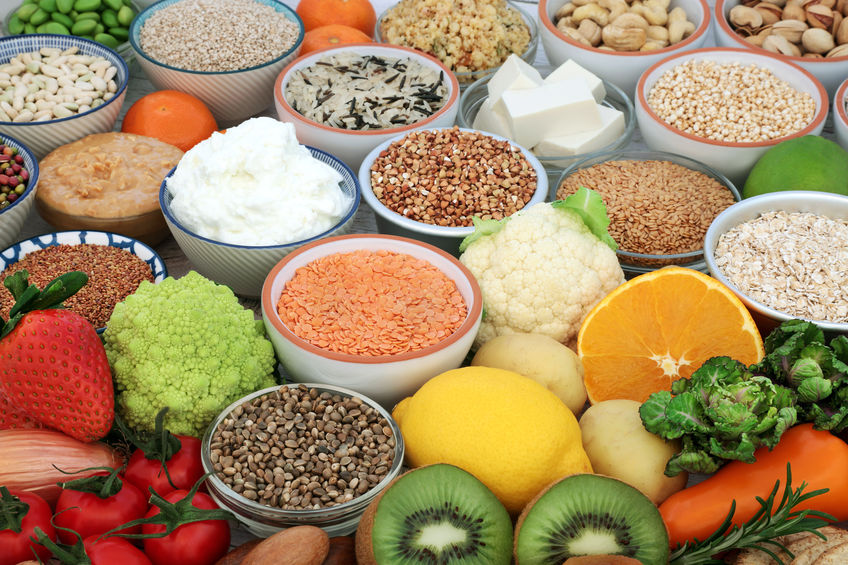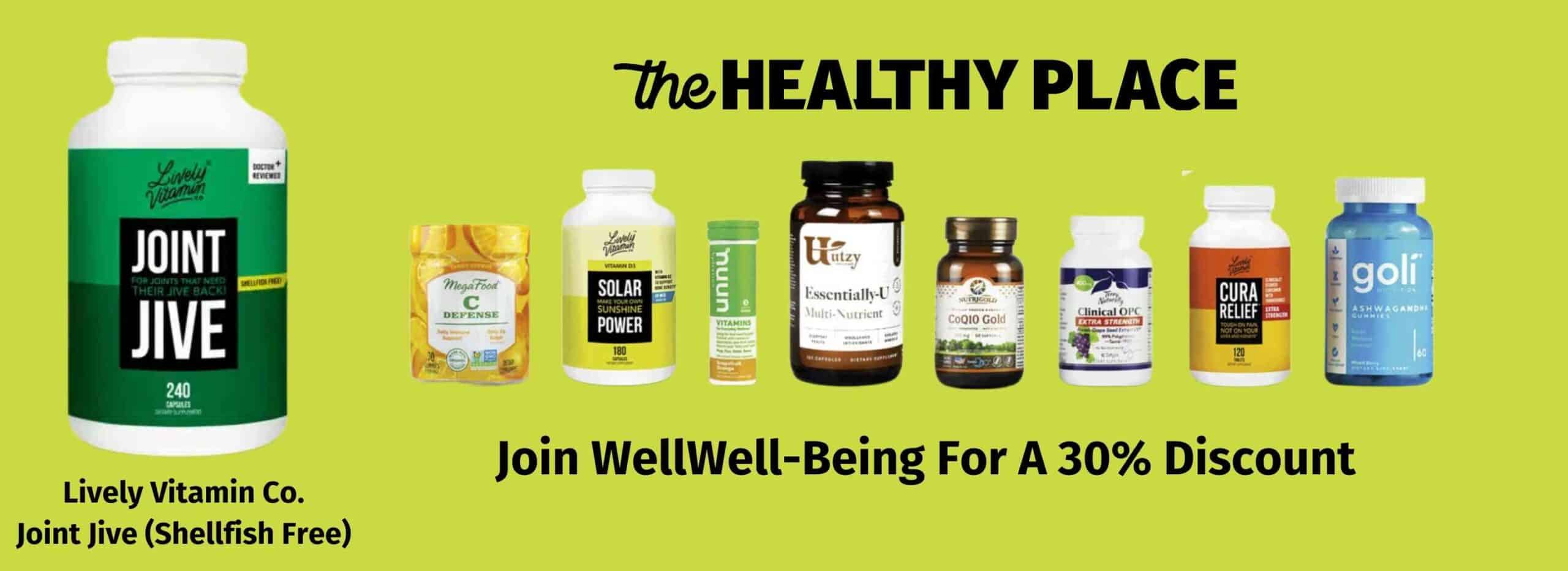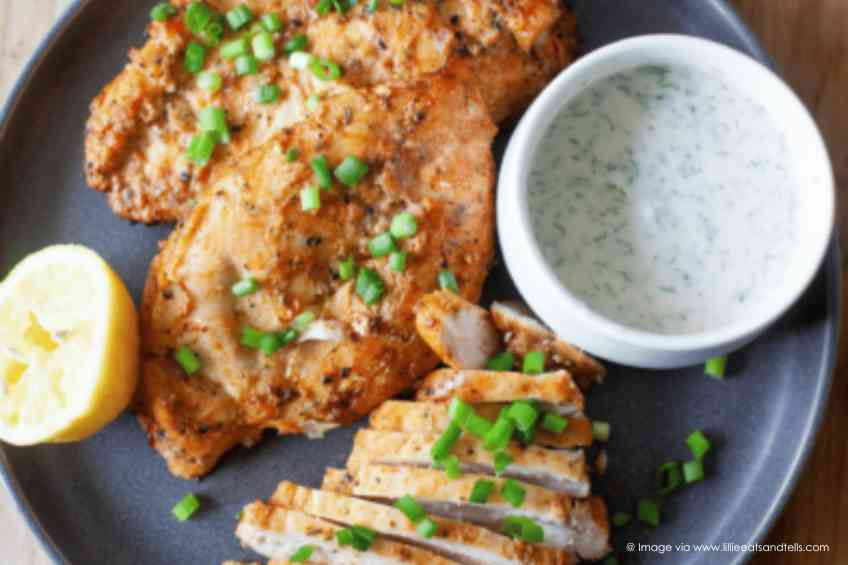As the impact of global warming continues to be seen and wellness culture keeps growing with people placing more value than ever on nutrition and physical health, one program has particularly benefited from both trends—plant-based diets. These diets have absolutely surged in popularity of late, especially among celebrities such as, Zach Efron, Paul McCartney, and Ariana Grande. Famed indie director Kevin Smith even claims going vegan saved his life. So, what is it about plant-based diets that have gained the adoration of some of the world’s most beautiful and talented— and what can they do for the rest of us? WellWell spoke with D. Enette Larson-Meyer, author of Plant-Based Sports Nutrition: Expert fueling strategies for training, recovery, and performance, to get her take on their personal and global benefits.
Plant-based diets have seen a surge in popularity amongst professional athletes in recent years, including superstar names such as Kyrie Irving, Venus Williams and Colin Kaepernick. What can athletes gain from a plant-based diet?
A lot of the potential benefits are still being studied but the evidence is there. More plants mean more phytochemicals some of which with more antioxidant capacity and others that are more anti-inflammatory. But both are incredibly useful for athletic performance. Similarly, plant-based diets have been proven to lower blood pressure, blood flow and enhance the efficiency of the mitochondria. They also reduce the risk of chronic disease, which is just as important for athletes as anyone else.
Beyond performance, how can a plant-based diet impact recovery?
Again, it’s the increased antioxidant intake and prevalence of anti-inflammatory agents. Both are crucial to a smoother, healthier and faster recovery.
Common concerns for people considering a plant-based diet, especially with athletes, involve proteins. What the source of protein will be? Will they be able to get enough of it, etc. Is this a misconception?
Yeah, I’d say so. There are plenty of plant-based foods that are incredibly rich in protein. Tofu, lentils, legumes, and even various nuts are all high in protein. As long as you’re not just getting it from one source, it’s easy to maintain that protein intake. I think an issue for a lot of people is they’ll cut out meat but never replace it. So if you can’t have meatballs in your spaghetti anymore don’t eat it plain, just slip some lentils in it.
What benefits other than physical performance can be gained from a plant-based diet?
I hinted at this before but there are some large-scale and cross-sectional studies that have pointed to the diet vastly reducing various chronic diseases. There’s definitely literature that strongly links plant-based diets to a lower risk of diabetes, obesity, cardiovascular disease, hypertension and even certain types of cancer.
The New York Times published a story recently called “The End Of Meat Is Here”, essentially outlining how the meat producing industry is unstainable and increasingly harmful to the environment. How can a plant-based diet work against this issue beyond just merely the fact that you’re obviously not eating meat?
I think what’s most important is a renewed commitment to raising meat more sustainably. I don’t think everyone needs to eliminate eating meat entirely, but it cannot continue to be produced in the manner it often is now. A lot of it as to do with quantity. Meat is produced at such a high rate because it is consumed at an incredibly high rate. So, if we’re going to eat meat and we actively agree to eat smaller portions of it, the plants will follow suit. The truth is plants are just more apt to be consumed at a high rate. We know factories that produce plants tend to be more efficient than those that produce meat but they’re also far more sustainable in production and consumption.
How do you feel about the trend of fast food places like McDonald’s and Burger King offering vegan options such as Burger King’s Impossible Burger?
It’s truly interesting. It’s nice now when you’re traveling or you’re in a hurry to have that option as opposed to: “I’ll have a burger with a bun and a pickle.” I know a lot of vegetarians in those types of situations who would go to fast food places because they’re often the only option available on highways and they just wind up getting fries and a Coke. I think in the big picture it’s still fast food and should probably only be reserved for special occasions. But it’s nice to have the option.
Isn’t that in itself a symbol of changing perception towards plant-based diets?
Yeah, I think so. A lot of people when they envision vegans and vegetarians, they assume all they eat is salads, which is obviously not true. As with most diets, they’re plenty of options for a fulfilling plate.
 About D. Enette Larson-Meyer
About D. Enette Larson-Meyer
Enette Larson-Meyer, PhD, RD, CSSD, FACSM, is a professor at the University of Wyoming and is a well-respected researcher in the area of sports and exercise metabolism. She is the author of Plant-Based Sports Nutrition and Vegetarian Sports Nutrition and has authored over 80 scientific journal articles and book chapters. She served on the 2011 International Olympic Committee (IOC) Sports Nutrition Consensus Panel and on the IOC Consensus Panel for Supplementation in the Elite Athlete.












